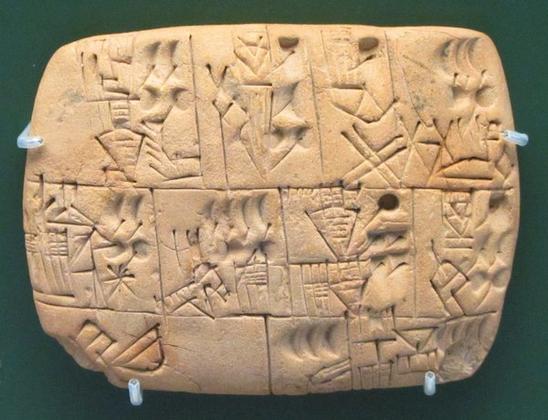@kkarhan
thanks for the reply! far from being discouraged, i appriciate your engagement. i will try to be reasonably brief in my reponse to your points and give a general update on progress and objective.
> scout out existing solutions
i have seem similar #webapp implementation, i think so far for "that kind" of chat app, the chat app is able to demonstrate similar basic functionality. for a wider adoption, the user interface needs to be more appealing, but i think its important to have a working proof-of-concept first. the project is specifically aiming to be a #javascript #localFirst #webapp.
a couple notable similar implementation to mine are:
- https://github.com/cryptocat/cryptocat
- https://github.com/jeremyckahn/chitchatter
(im sure there are many more, but i think my approach is yet different and unique to the ones i've come across.)
> DO NOT DIY ENCRYPTION!
this is indeed a reccomended practice i have seen several times. here is a previsous reddit post on the matter: https://www.reddit.com/r/cryptography/comments/1cint8h/what_are_your_thoughts_on_subtlecrypto_vs_wasm ... tldr; the underlying implementation provided by the browser is the best way to go. i have implemented the #encryption using the #webcrypto #api. i aim to not use a library for this.
i generally try to word things in a way that users can provide feedback on features. the app is still in a very early stage, but has a reasonable amount of features. im generally open to requests and questions.
> minimum viable product
what you see as the chat app is also the #minimum #viable #product. i think its sufficiently demonstrates the basic functionality of a chat app. i think the next step is to make the app more stable and user friendly.
those other apps youve mentions ive come across before. what sets my approach apart is that mine it's purely a webapp. with what id like to describe as #p2p #authentication over #webrtc, im able to remove reliance on a backend for #authenticate #data #connections. in some cases, bypass the internet (wifi/hotspot). while there are several ways to #selfhost, in this approach of a #javascript implementation, im able to store large amounts of data in the browser so things like images and #encryptionKeys can be #selfhosted" in the browser. while this form has nuanced limitations, it also has interesting implications to security and privacy.
there are many nice features from the different apps you mentioned and i think i have some unique features too. the bottle neck in this project is that i dont put in enough time to the app.
> feel free to slowly ibtegrate them.
this is basically already my approach to get the app to where it is now.
thanks for the luck, take care and i hope you stay tuned for updates.



